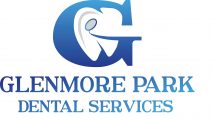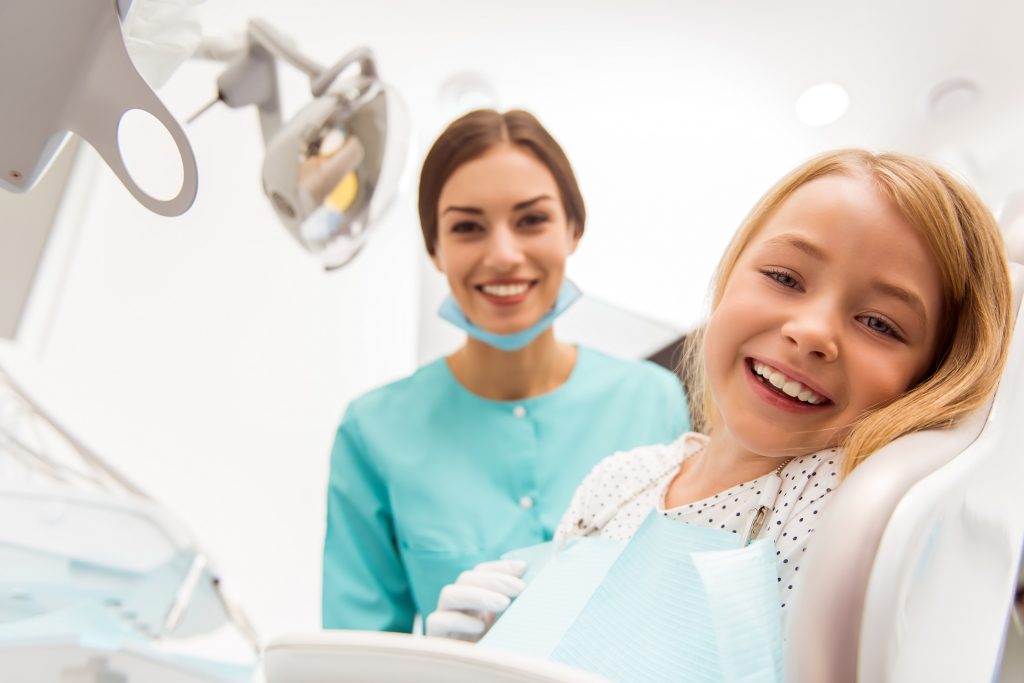Let us meet your child’s orthodontic needs as early as possible.
It is critical to correct any functional jaw problems as soon as they are developed as functional therapy provides children with improved appearance and speech.
Open Hours
Monday - Friday From 9:00 AM - 7:30 PM & Saturday - 9:00 AM - 5:00PM

